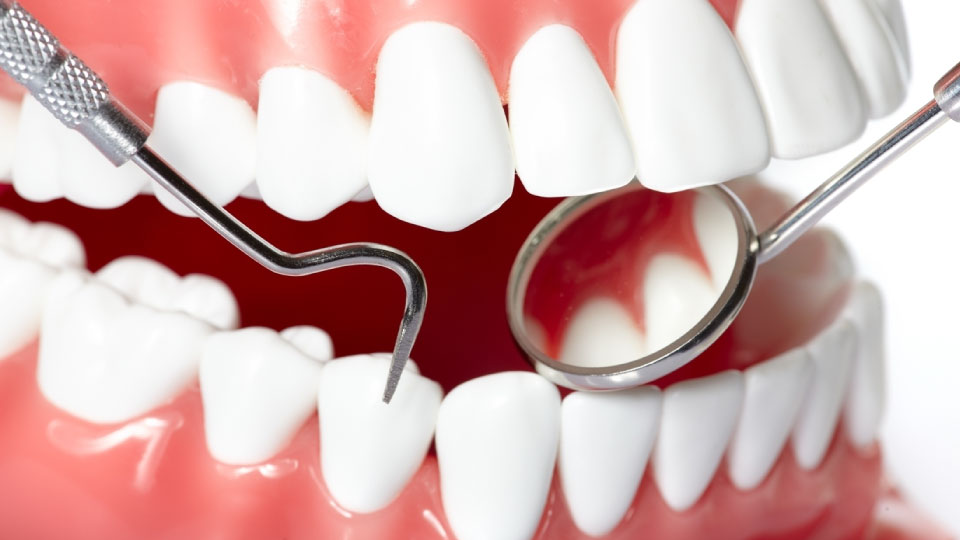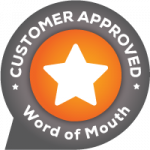What is Oral Hygiene? – Oral hygiene is the process towards keeping one’s mouth spotless and liberated from any ailments by routine brushing of the teeth and cleansing between the teeth to keep up the dental hygiene. It is significant that oral cleanliness be maintained constantly to empower anticipation of dental infections and bad breath.
Oral well being contacts each part of our lives however is frequently underestimated. Your mouth can give indications of dietary lacks or general ailments. Constant sicknesses, those that influence the whole body, may initially become evident in light of mouth sores or other oral issues.
Oral well being is a key pointer of the overall health and status of life. WHO explains oral well being as “a condition of being liberated from chronic mouth and facial diseases that acts as a point of confinement of a person’s ability to smile, bite, chew, speak etc.
Brushing your teeth each morning and night doesn’t ensure you’re giving your mouth all the consideration it needs. Indeed, even a standard oral hygiene regimen could be leaving holes if you take part in a couple of not good habits. By understanding appropriate brushing procedures and techniques of using the correct tools, you can ensure to have the entirety of your bases secured while seeking an increasingly careful cleanup.
Importance of Oral Hygiene
The human body is made up of complicated frameworks which are interconnected with different parts. Due to the way the human body is made, one zone of the body can affect various organs and systems of the body. Poor oral cleanliness can prompt issues such as diabetes, coronary illness and other medical problems.
To avoid these medical problems, practicing great oral hygiene is significant. Customary dental visits, brushing routinely, flossing and watching what you eat are exceptionally significant strides in forestalling dental ailments and keeping you healthy.
Good oral hygiene means great well being in general. Dental issues, for example, holes or gum sickness can disable your capacity to eat and talk appropriately, cause agony and bad breath. Keeping good dental hygiene is quite significant, on the grounds that it can forestall these sorts of oral infections and dental issues.
Here are some simple oral hygiene tips that will help keep your silvery whites in top condition.
Appropriate Brushing Technique
A quick cleanse with your toothbrush isn’t sufficient to keep your teeth clean and healthy. Take at least 2 minutes time to brush your teeth, to ensure that all zones of the mouth are cleaned – within, outside, and chewing surfaces of every tooth. The key is to point the toothbrush bristles directly towards the gum line, as this is the place plaque begins to grow. Now, move the toothbrush in a round movement, which will clean away however much plaque from the gums as could reasonably be possible.
Brush Frequent
Numerous individuals brush regularly, yet essentially don’t brush enough for their teeth to remain clean. They might experience difficulty in measuring their daily brushing technique. So, this is what you can try. Take a stab at tuning in to a short melody, sign up a two-minute YouTube video or set a clock on your telephone to give yourself the time you require to completely clean your teeth and then just start on with the process. You won’t even realize how well the results might turn up.
Selecting the Right Tools
It is essential to use a toothbrush whose bristles are rightly sized to clean the crevices of your molars, wherein the food particles would be collected to form plague. Manual & electric toothbrushes are equally effective in cleaning the teeth and removing food particles from hidden areas. Opting for toothpaste that is fluoridated is also quite crucial for brushing.
Floss Properly
Flossing must be done appropriately so that, once you reach in-between the teeth, you really get to the germs that are stuck in hidden corners. Use a floss to up to 18 inches long, enabling you to utilize a new part of floss each set of teeth without reinserting microscopic organisms you just removed. Remember the floss should rub against the teeth in a movement that makes a forward or in reverse ‘C’ shape, folding the floss over every tooth.
Oral Hygiene for Infants, Preteens & Children
Infant’s teeth begin to grow through the gums around the first half year yet it is crucial to begin oral care for newborn children even before the first tooth comes in. From strong gums come healthy, clean teeth. As toddlers grow, a thorough every day dental cleanliness routine is pivotal to keeping teeth and gums clean & healthy.
As children grow up, their oral cleanliness habits ought to develop with them. Children have all their infant teeth by the age of 3, called the primary teeth. Infant start losing their baby teeth around age 6; that is the point at which the permanent teeth start growing. The gaps between infant teeth prepare for the permanent teeth. The last set of permanent teeth comes in by age 13.
- Use a soft washcloth to wipe the baby’s gums after feeding to remove the bacteria that causes tooth decay.
- Once the children start to grow permanent teeth, encourage them to brush their teeth twice a day using fluoride toothpaste and a soft-bristle toothbrush.
- Play a children’s rhyme for about 2 mins., so that the child develops a habit of thorough brushing
- Teach & encourage the child to practice flossing as it would help prevent cavities and keep their mouth fresh
Make your child wear a mouth guard to protect their teeth from injuries while playing any sport.





